In today’s digital world, many couples meet online and even marry virtually, especially with the rise of video calls and online ceremonies. However, if you’re looking to sponsor your virtual spouse for U.S. immigration, it’s important to understand how the U.S. government views virtual marriages and how they may or may not impact your immigration process.
What Is a Virtual Marriage?
A virtual marriage typically refers to a marriage where the ceremony is conducted online, often through video conferencing platforms. Potential virtual marriages include:
- The soon-to-be-wedded couple is physically together and the officiant is participating remotely from a different location.
- The soon-to-be-wedded couple is apart, participating remotely from different locations, and the officiant is either with one of the spouses or also participating remotely.
It is important to consider that in either of the above cases for any legal purposes the location that the marriage took place in is the location of the officiant conducting the ceremony and not the location of either spouse.
While virtual marriages are becoming increasingly popular, they are not always legally recognized, particularly in the context of U.S. immigration law.
Legal Recognition of Virtual Marriages in the U.S.
For immigration purposes, the U.S. government follows state law regarding marriage legality. Each state has its own rules about what constitutes a valid marriage, and the general principle is that the marriage must be legally valid under the laws of the place where it occurred.
If the virtual marriage was conducted in a country or jurisdiction where online or virtual marriages are legally recognized, then the U.S. may accept that marriage as valid. However, if the ceremony was conducted in a jurisdiction where virtual marriages are not recognized, the marriage may not be legally valid in the eyes of U.S. immigration authorities.
Virtual Marriages and U.S. Immigration
If you’re a U.S. citizen or lawful permanent resident and you want to sponsor a spouse for immigration purposes, the marriage must be recognized as valid under U.S. law. For virtual marriages, the following factors are important: For the marriage to be considered legal under U.S. Immigration law it’s crucial that the couple be physically present together at least once at some point after the marriage ceremony.
Immigration Process for Virtual Marriages
The immigration process for sponsoring a spouse who has been married virtually is, in many ways, similar to the process for any other marriage. The key steps in the process include:
- Filing the I-130 Petition: As the U.S. citizen or permanent resident spouse, you’ll need to file the I-130 Petition for Alien Relative, establishing that you are married to a foreign national. This petition is the first step in the green card process for your spouse.
- Evidence of a Bona Fide Marriage: The U.S. government requires proof that your marriage is genuine and not entered into for immigration purposes. This includes documents like joint bank statements, photographs together, communication logs, and more. If your marriage is virtual, the evidence you provide should show that the relationship is real and ongoing.
Challenges of Virtual Marriages in Immigration
While virtual marriages may be legally valid in certain jurisdictions, they can sometimes raise red flags for immigration officers. Here’s why:
- Questioning the Legitimacy: Immigration officers may scrutinize virtual marriages more closely, as they can sometimes be associated with fraudulent or convenience-based unions. You’ll need to provide compelling evidence that your marriage is genuine.
- Proving the Relationship: Since the relationship may have started and continued virtually, you will need to provide strong evidence of your connection beyond just video calls—such as shared experiences, visits, or future plans.
- Documenting a Virtual Ceremony: Some virtual ceremonies may lack the typical paperwork or officiant documentation that physical ceremonies have. If your marriage was performed remotely, ensure you have clear documentation proving that the ceremony followed legal protocols, especially if conducted outside the U.S.
Why Work with an Experienced Immigration Attorney?
Navigating the legal complexities of a virtual marriage and the U.S. immigration process can be challenging. If you’ve married virtually and are seeking to sponsor your spouse for immigration, it’s crucial to understand the potential hurdles and provide the right evidence to prove your marriage’s validity.
An immigration attorney can help you navigate the process, ensuring that your marriage is legally recognized and that your application is complete and well-supported. At Rokas Law Office PLLC, we assist clients every day with marriage-based immigration cases, including virtual marriages, to ensure a smooth and successful application process.
Ready to bring your spouse to the U.S.? Contact us for a consultation and let us help you through the immigration process.








